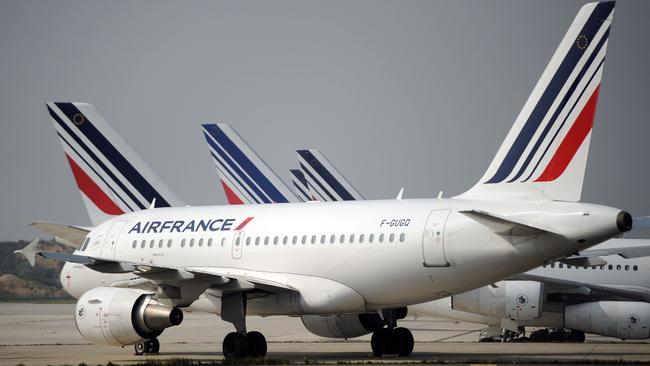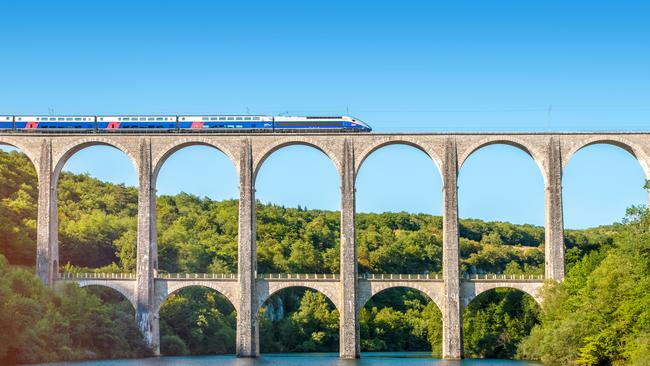France imposes travel ban to fight climate change
New rules on domestic air travel within the country are now being enforced.

France has enforced its ban on short haul flights which can be completed by train in under two-and-a-half hours.
The country’s transport Minister Clement Beaune said the move was “an essential step”, symbolising the country’s commitment to reducing greenhouse gas emissions.
“Achieving carbon neutrality means strongly stepping up our action in terms of decarbonising transport, which still accounts for 30 per cent of emissions,” he said in a statement. “As we fight relentlessly to decarbonise our lifestyles, how can we justify the use of the plane between the big cities which benefit from regular, fast and efficient connections by train?”.
The ban affects routes connecting Bordeaux, Lyon and Nantes to Paris-Orly Airport, but will not impact connecting flights.
The formalised law states that there must be adequate morning and evening train services to enable passengers to spend at least eight hours at the destination.
The move comes after The Citizens‘ Convention on Climate – an assembly created by France’s president Emmanuelle Macron – initially proposed banning flights which could be completed in under four hours using alternative modes of transport.
The aviation industry condemned the EU’s decision to green-light the move earlier this year, with head of the International Air Transport Association (IATA) Willie Walsh deeming it “complete and utter nonsense”.
“You see these politicians saying ‘this is the solution, we’re going to ban short haul flying’. [It is] complete and utter nonsense, especially when you consider that if you reform air traffic control in Europe you would reduce Co2 by 10 per cent,” Mr Walsh said.

The country’s rail system is a major focus for the French government, which announced in February it planned to spend about AUD$162 billion by 2040 on upgrading and expanding its infrastructure and rolling out more express commuter trains and night train services.
The idea of a connected high speed rail network connecting countries throughout the European Union has also been proposed, with Europe’s rail industry announcing plans to double the usage of high-speed railway usage by 2030.


To join the conversation, please log in. Don't have an account? Register
Join the conversation, you are commenting as Logout